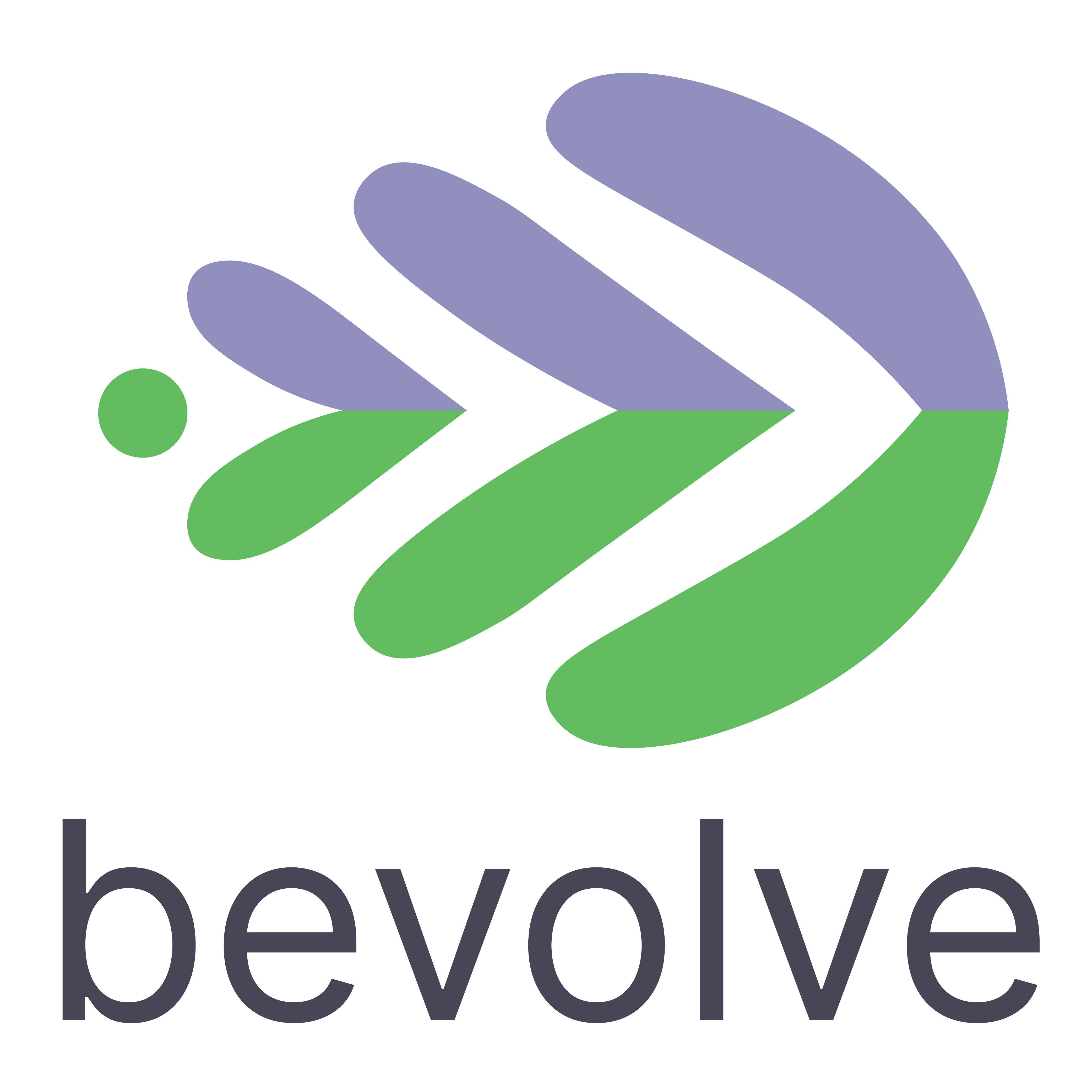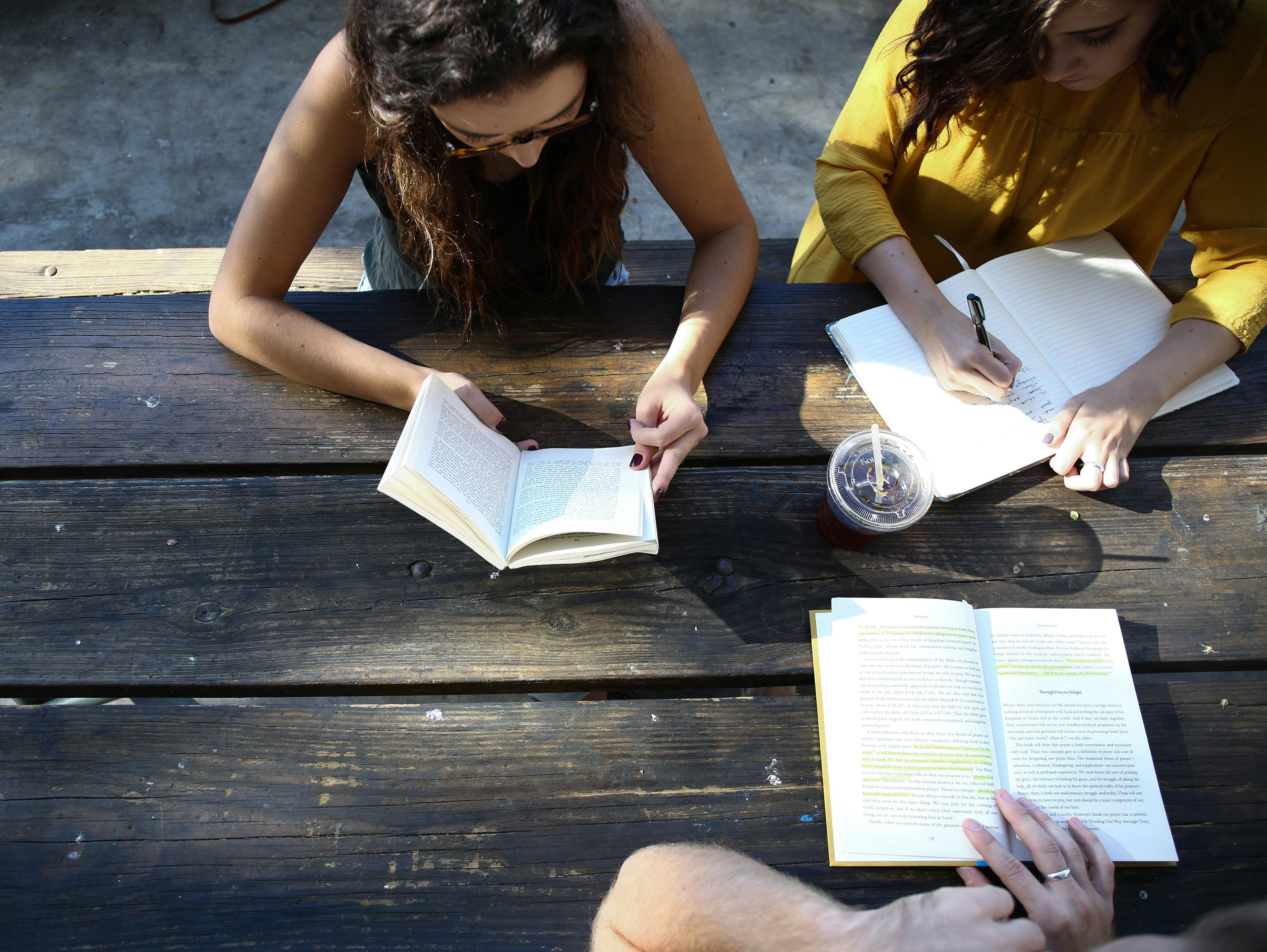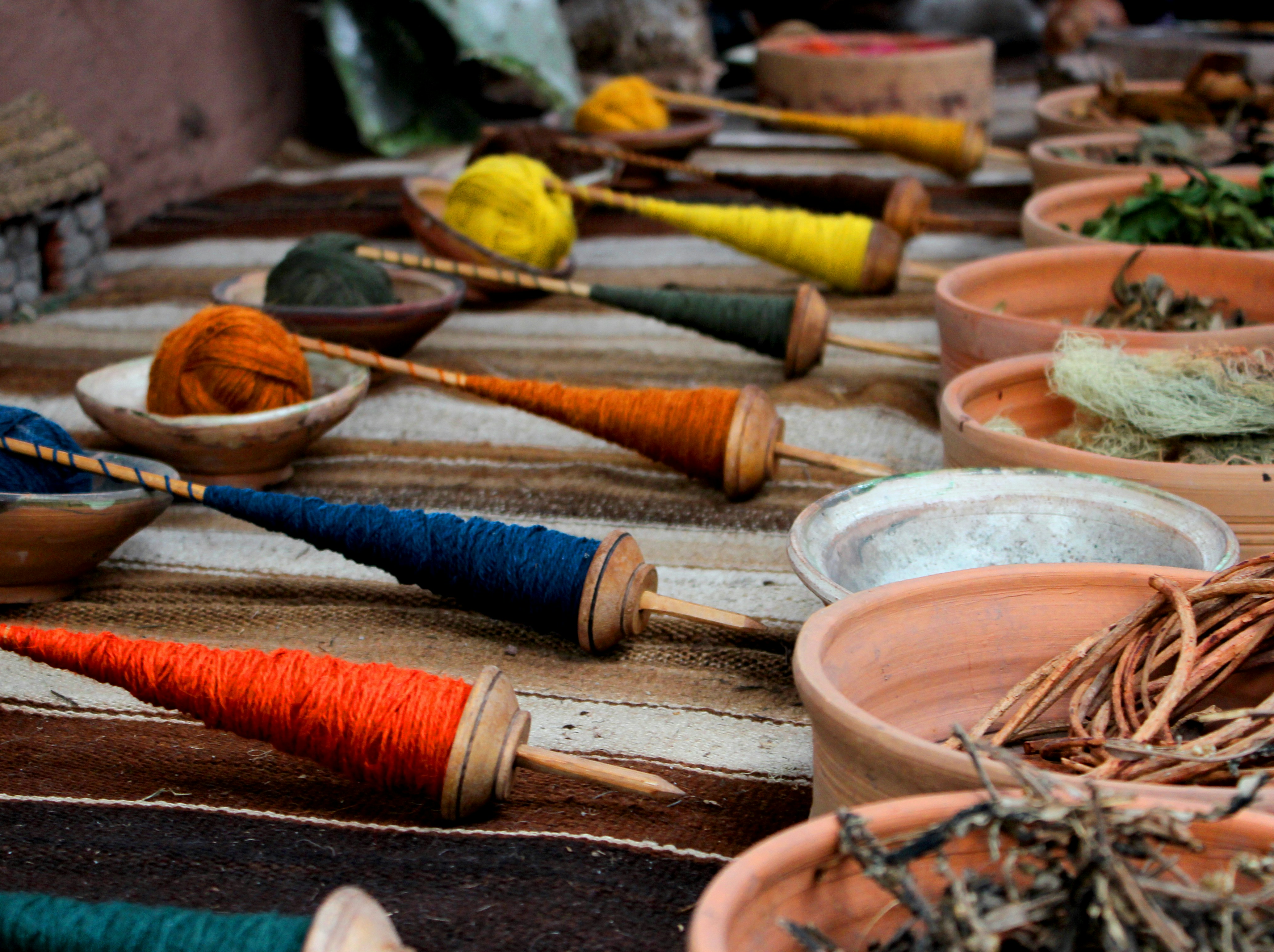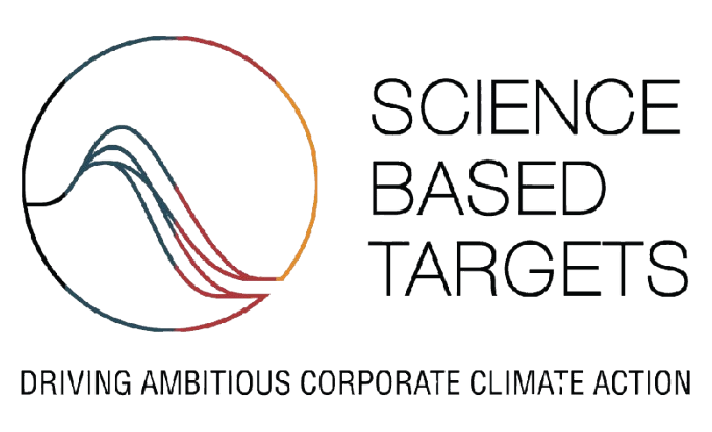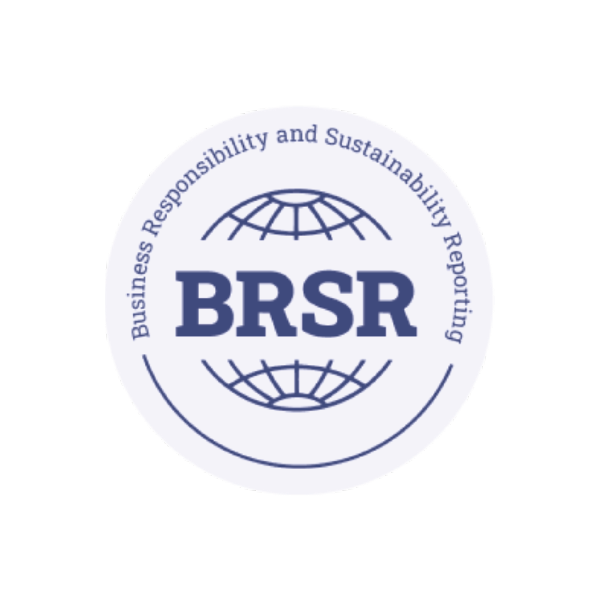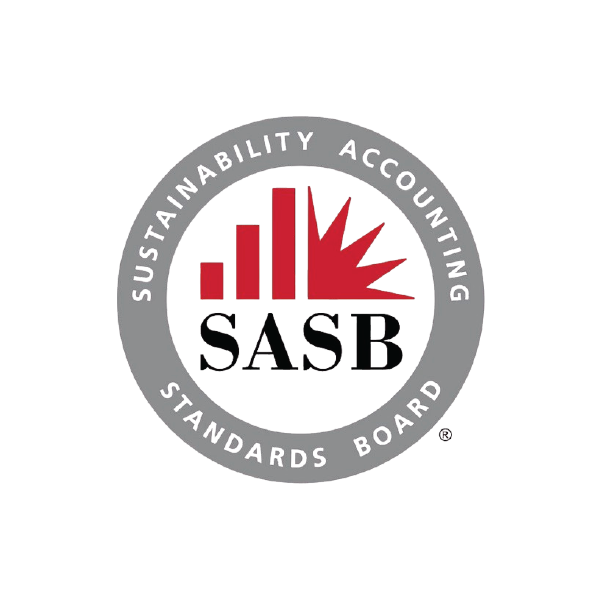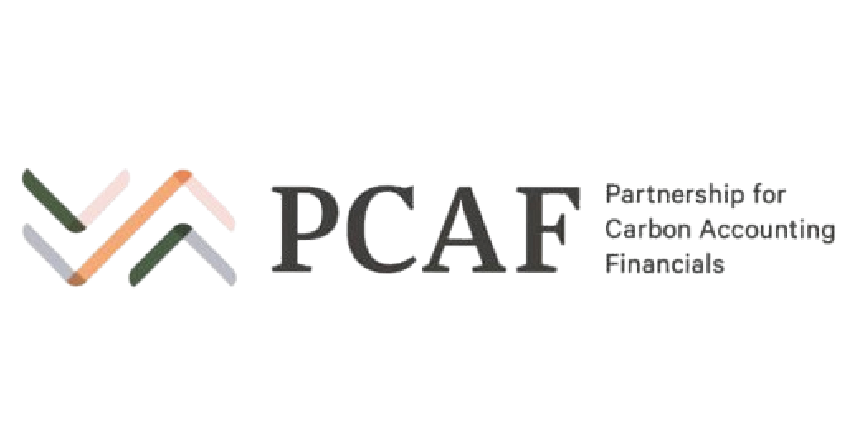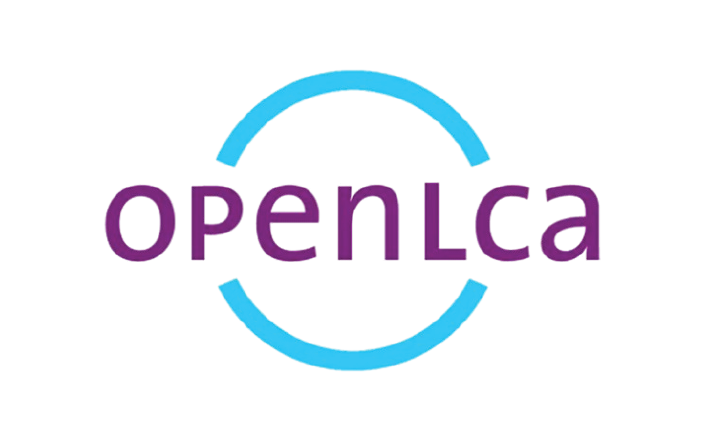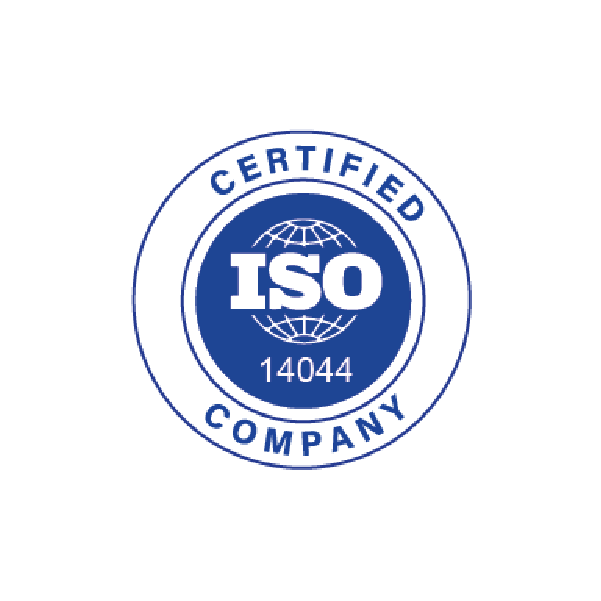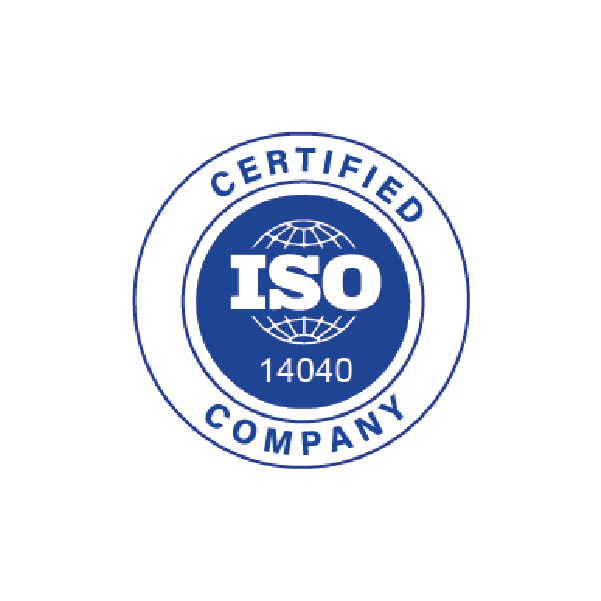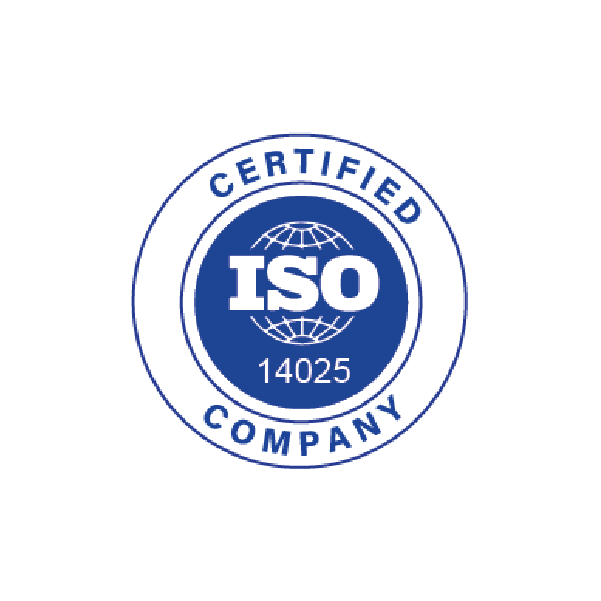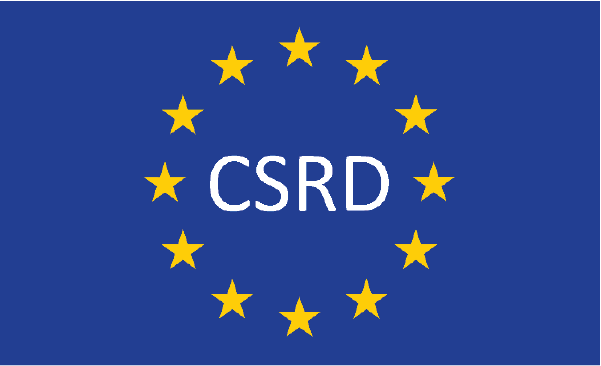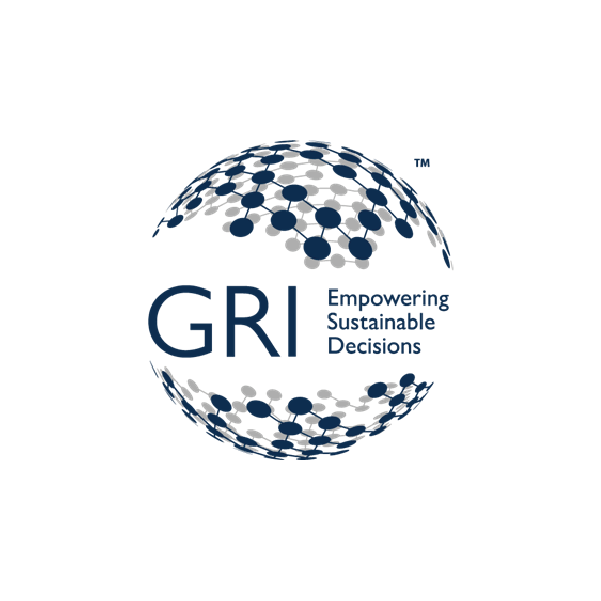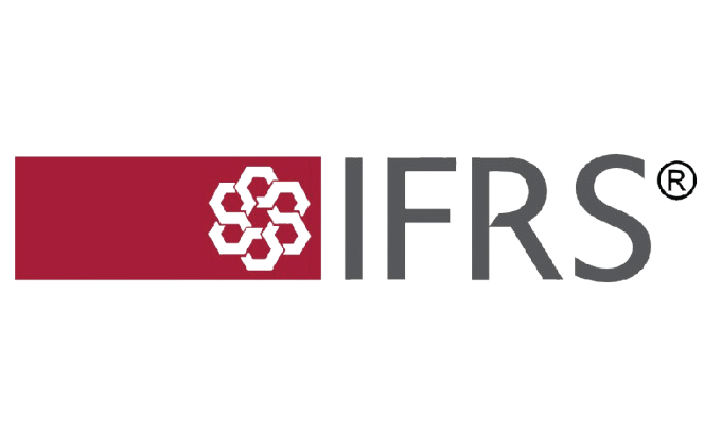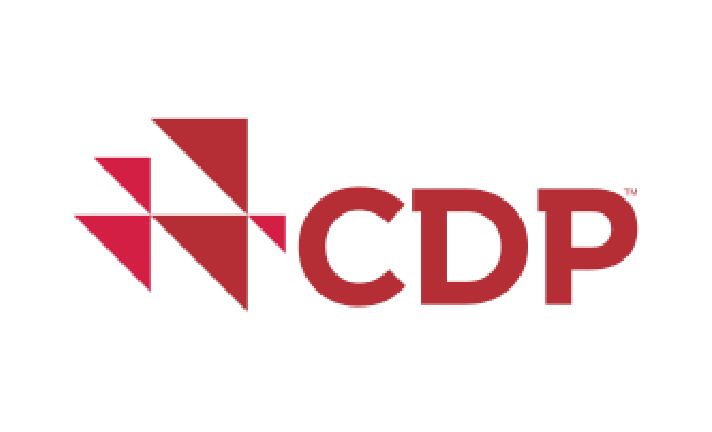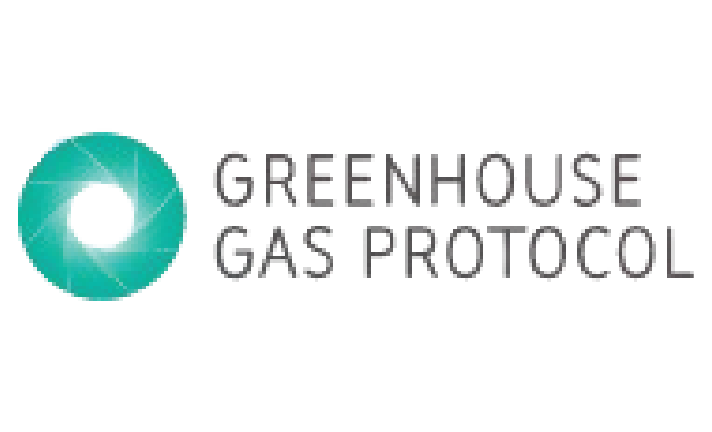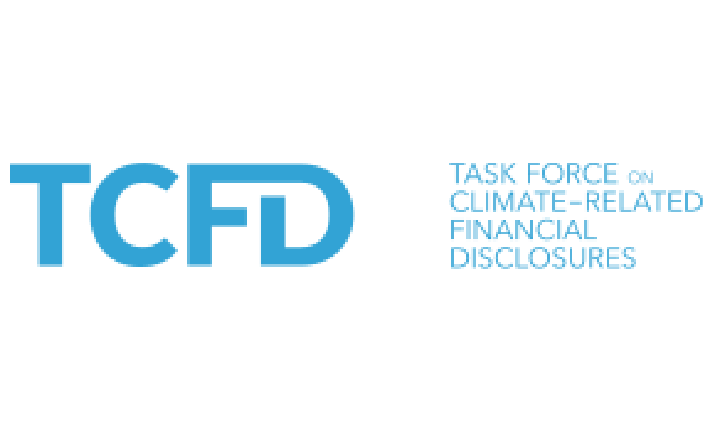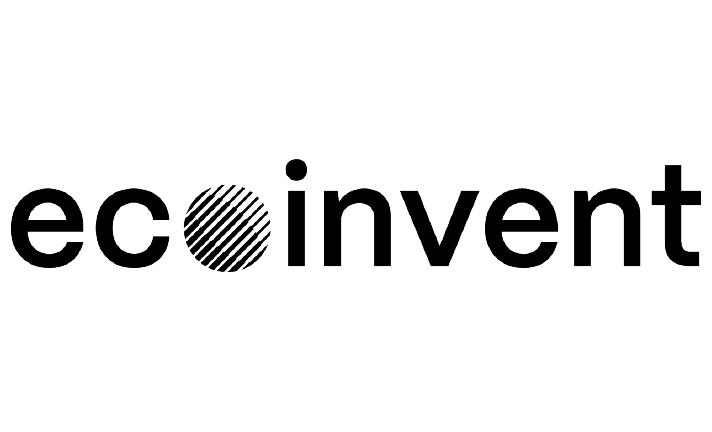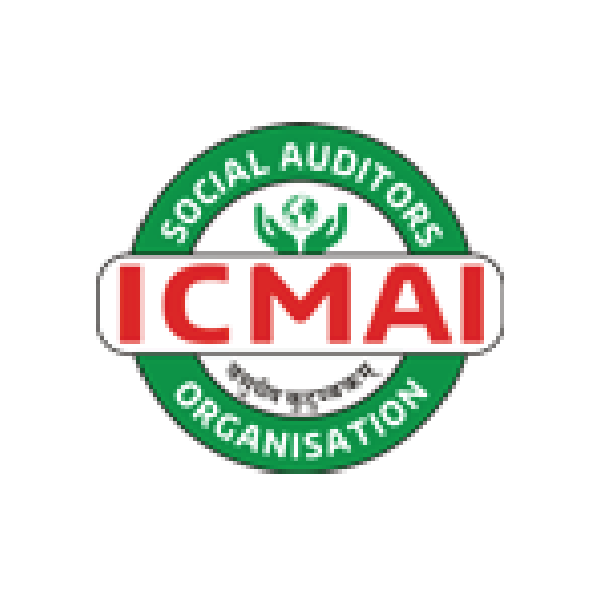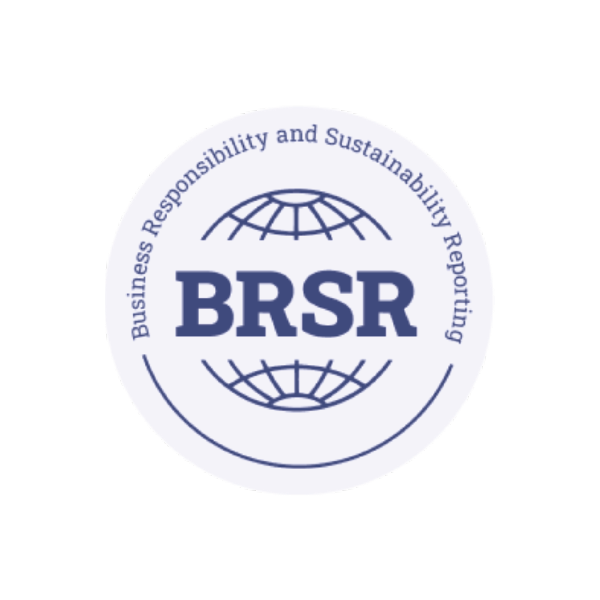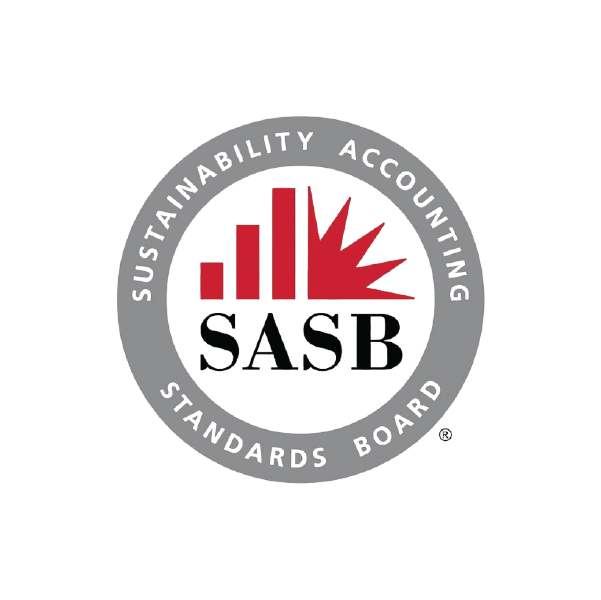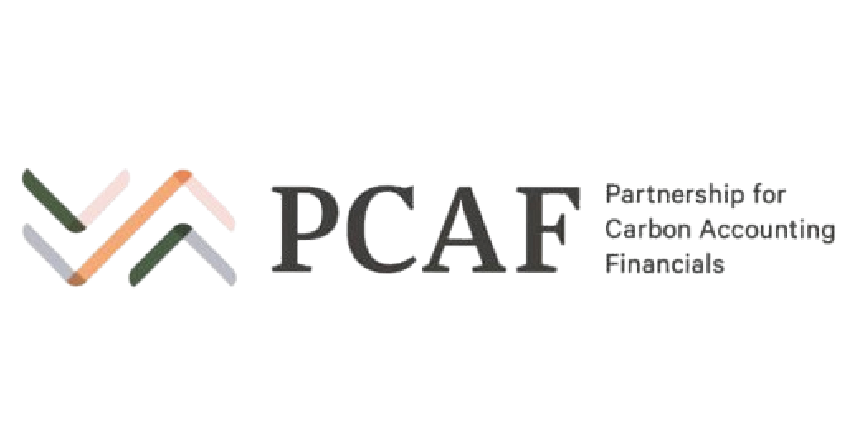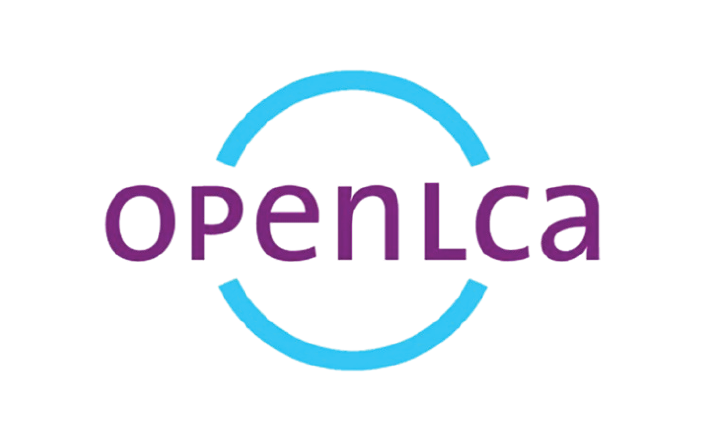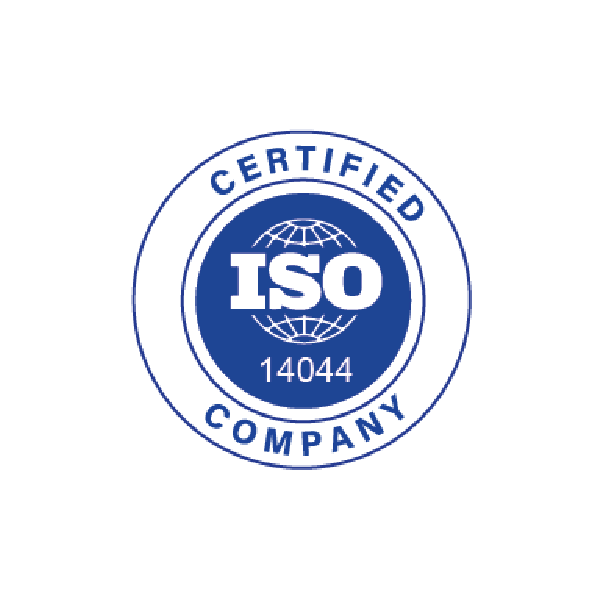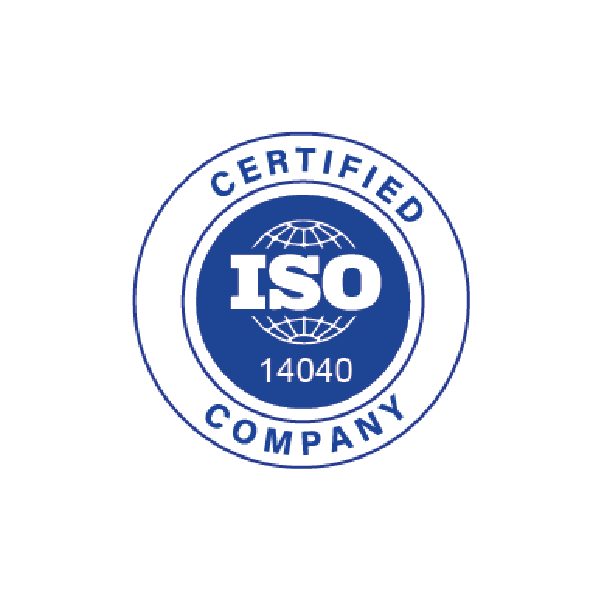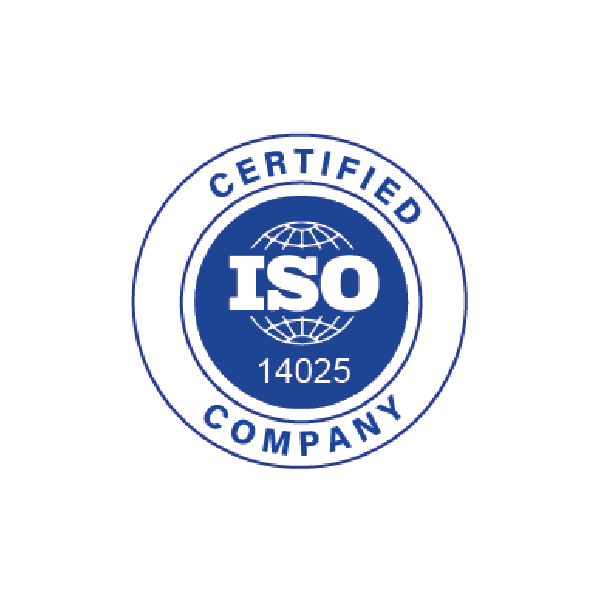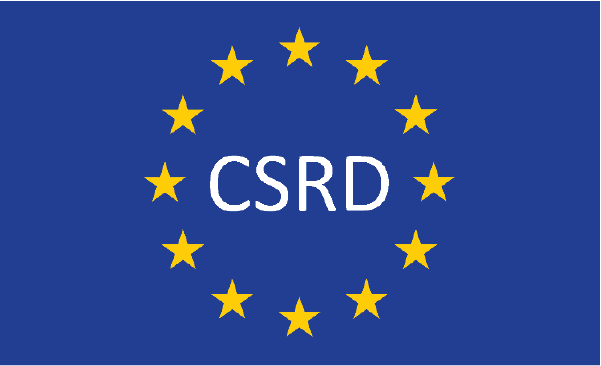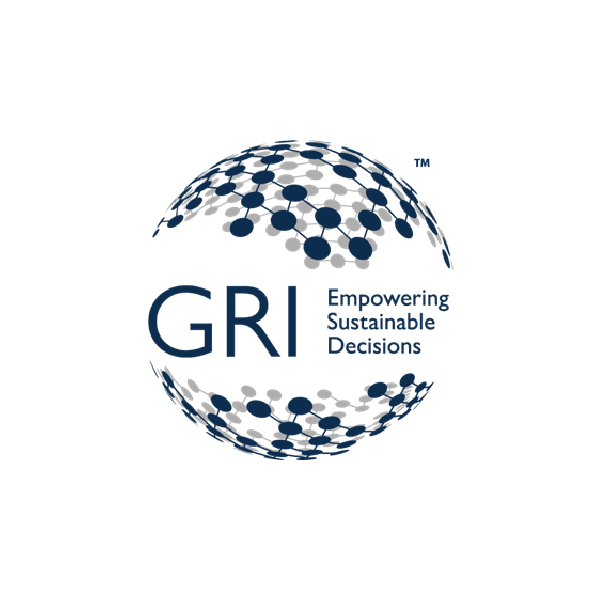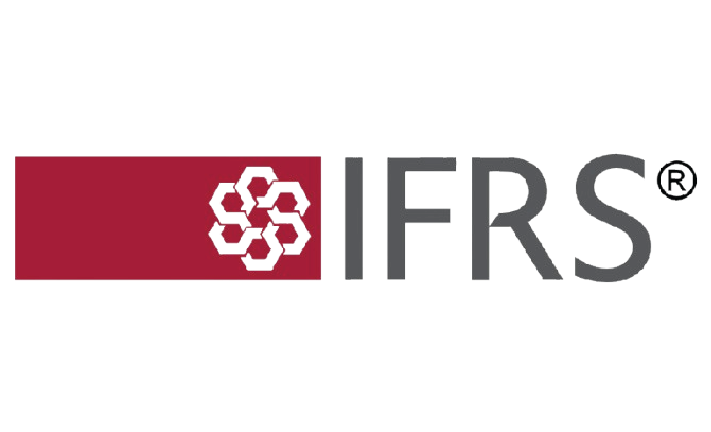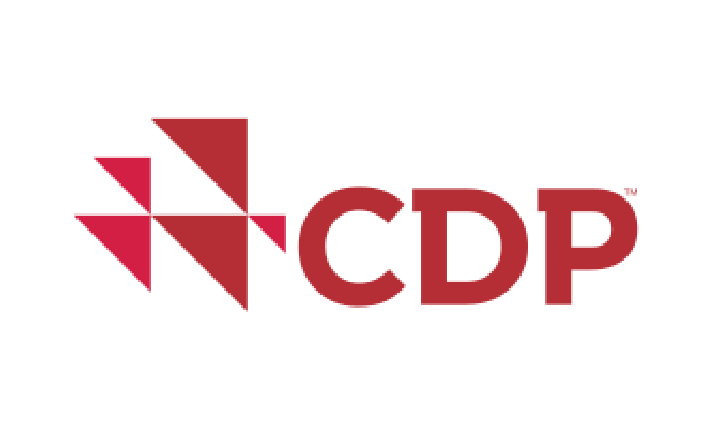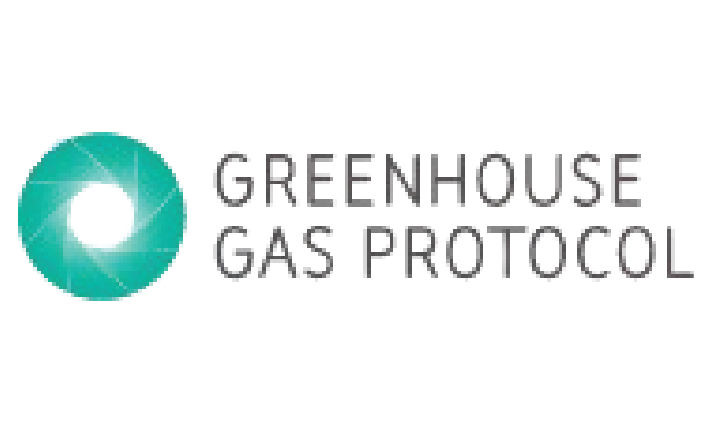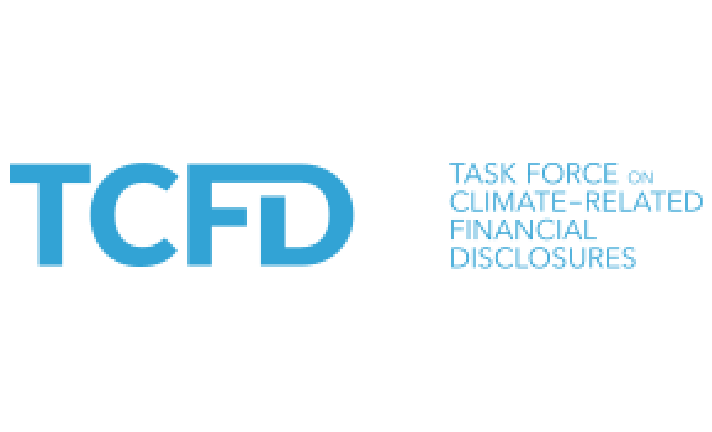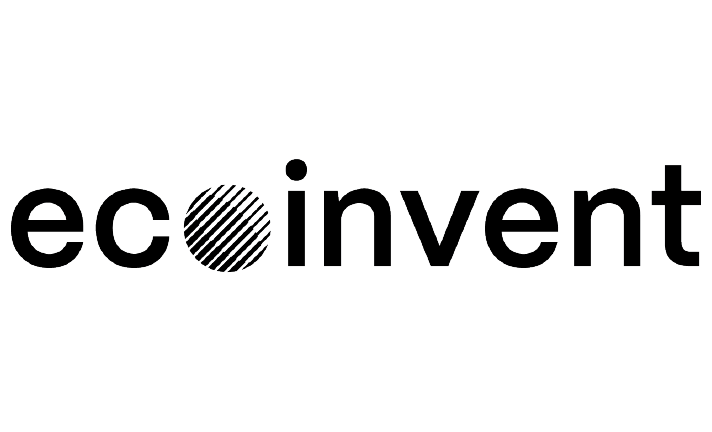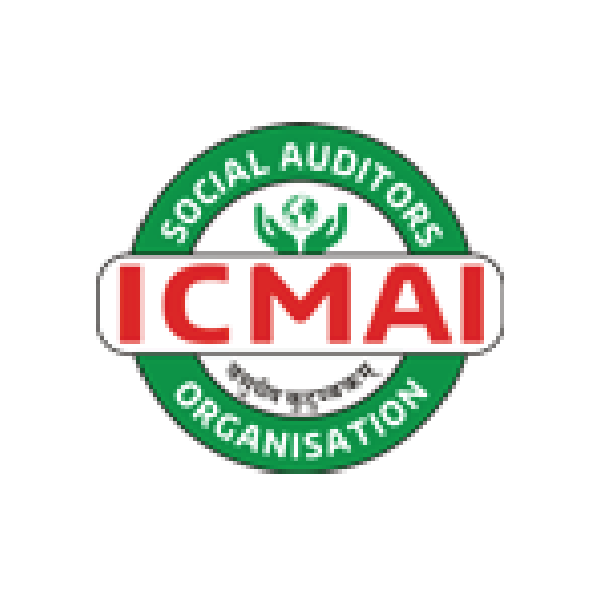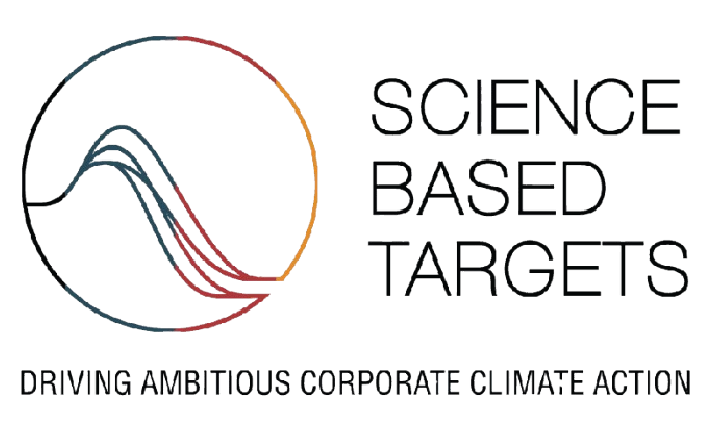



Case Study l TEXTILES
Aligning Social Impact with Market Leadership
Client
Manufacturer of contemporary Handicraft textiles and Home Decor
Need
Effective representation and communication of a decade of achievements in sustainability and business practices
Industry
Handicraft Textile
Goal
To evaluate and showcase the societal and environmental benefits of the business’s fair trade and eco-positive model, making impact assessment accessible and transparent for stakeholders.
What we did?
- Social Impact Assessment of the business operations in four clusters
- A cradle-to-gate Life Cycle Assessment of conventional/BCI cotton products
- A tailored data architecture, consolidating impact measurement data from SPOC conversations.
- Calculated SROI
- SDG Mapping
Case study
A globally renowned handicraft textile brand approached us to carry out a comprehensive social and environmental impact assessment of their business. As pioneers in craft sustainability, their commitment was evident in every aspect of their operations. The entrepreneur was passionate about ensuring sustainable livelihoods for artisans, and the brand made sure their customers understood and appreciated these efforts, creating a strong connection between their mission and their audience.
The artisanal clusters are central to the handicraft industry, creating exquisite clothing and home décor from natural fibers. This cluster-based model has married craftsmanship and a collaborative ecosystem of artisans. The textile brand has further elevated these artisans’ work by forging business collaborations with global brands like IKEA, showcasing their handicrafts to a worldwide audience and positioning their creations on the global stage.
For artisans like Nirmala Devi, who has been associated with the brand for more than a decade, the journey has been lifechanging. The sustainable livelihood and shareholding opportunities provided by the brand has enabled her to purchase several vital assets and support her children’s education, unlocking possibilities she once thought unattainable. Over the years, the brand has supported four generations of artisans, preserving the cultural heritage while transforming handicraft into an economically viable and sustainable career path for future generations.
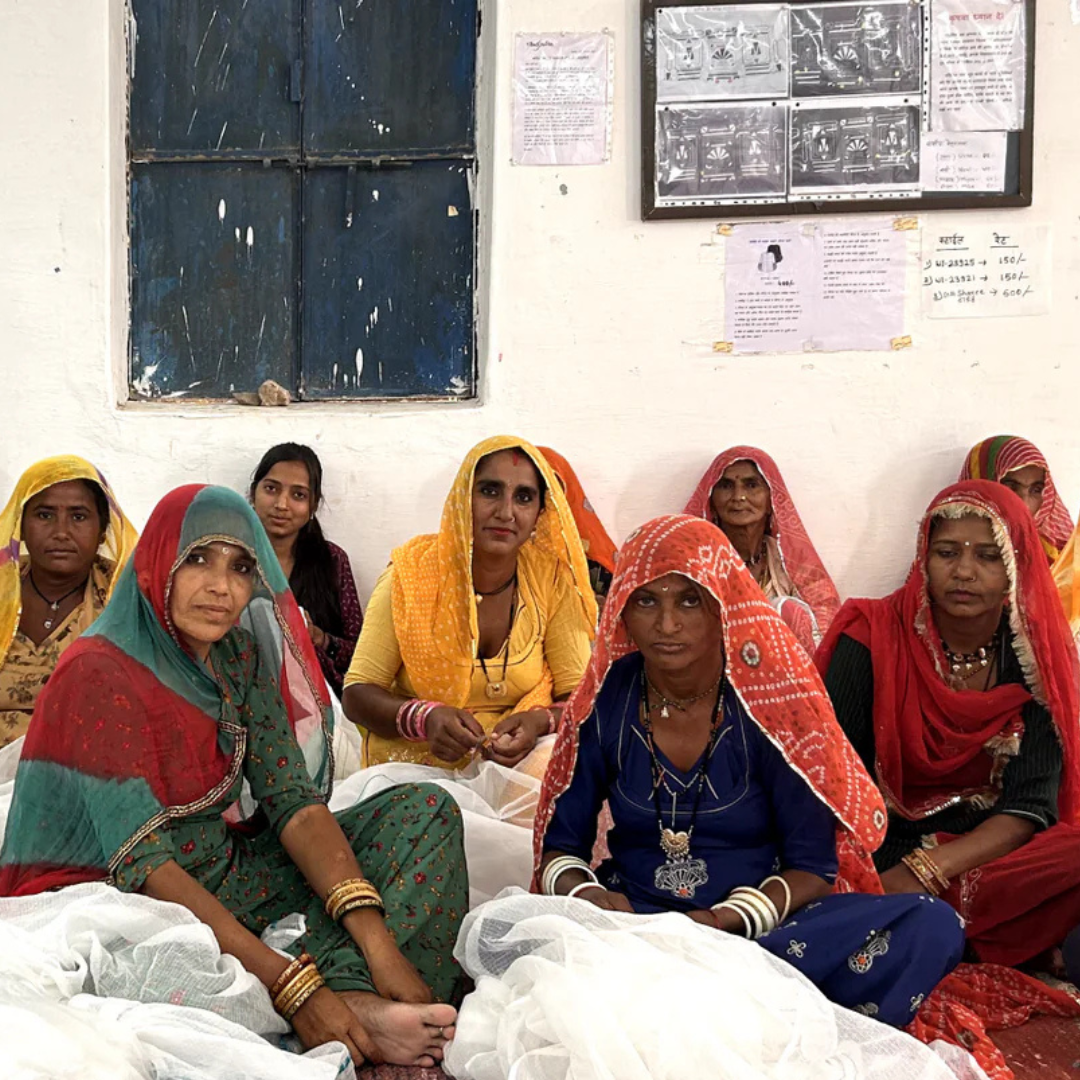
Given the inspiring story of the business, the Bevolve team implemented a holistic impact assessment to capture and present their contributions to people and the planet. The Social Return on Investment (SROI) framework was introduced to measure the broader social and environmental impact of the business during the reporting period of 2023-2024. This approach quantified the tangible and intangible benefits generated by the business. The overall SROI value was 5.47x, meaning that for every $1 invested, the organisation created $5.47 worth of value for society and environment.
The assessment also evaluated the human capital created through artisanal training programs over five years and the wealth generated through shareholding opportunities. A cradle-to-gate Life Cycle Assessment was also conducted which helped analyze the environmental footprint, including the water usage of cotton, a raw material central to the business. The results demonstrated significant emissions reductions during the reporting period: 31% through non-mechanized textile production, 22% through the use of Better Cotton Initiative (BCI) cotton, and 28% via the installation of solar power panels at artisan clusters. The total emissions reduction was equivalent to the emissions from driving a gasoline car for over 6 million kilometers. Set in perspective, this is similar to taking 768 trips from Delhi, India to London, UK.
The brand’s practices also advanced nine out of the seventeen Sustainable Development Goals (SDGs) for 2030, with significant contributions to Decent Work and Economic Growth, Gender Equality, and Responsible Consumption and Production. The assessments further highlighted the business’s impact on job creation, women’s empowerment, and its influence on children’s education, decision-making power, and female labor force participation.
However, the journey was not without challenges. Data collection was particularly complex due to the scattered nature of artisan clusters and the decentralized management of inventory data. Bevolve addressed this by establishing a comprehensive data architecture and streamlining interactions with Single Points of Contact (SPOCs) across clusters. Managing diverse stakeholders was challenging yet cultivated meaningful collaboration.
Conclusion
Sustainable fashion is often viewed through an environmental lens, but the assessment highlighted its deep connection to providing sustainable livelihoods for artisans. The environmental and social impact assessment conducted by Bevolve for this forward-thinking handicraft textile brand serves as a vital baseline for its journey in impact measurement and management. The Bevolve team used a unique framework, SROI (Social Return on Investment), to quantify the brand’s impact on the artisanal community and the planet, and also helped them communicate this compelling impact story to a wider audience. The assessments provided actionable recommendations for enhancing social impact and further reducing carbon footprints, enabling the client to accelerate progress toward their vision.
Contract Us: catalyst@bevolve.ai
